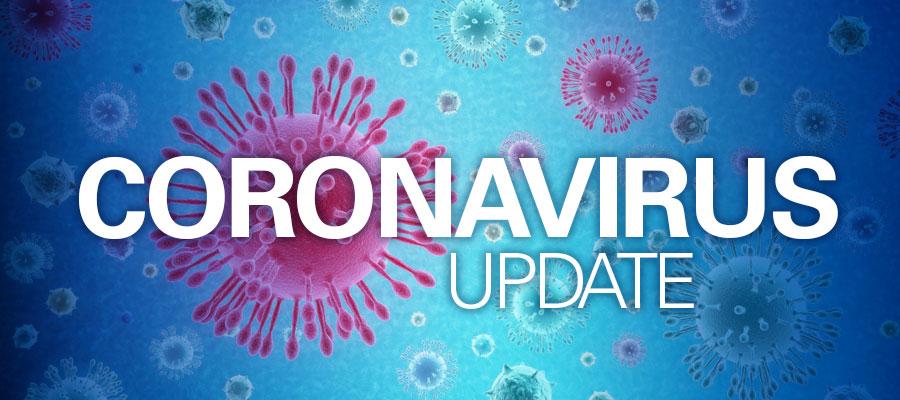FDA authorizes ‘groundbreaking’ test; lists PPE, other devices in shortage

The Food and Drug Administration Saturday issued an emergency use authorization to Yale School of Public Health for a new test to detect SARS-CoV-2 in saliva, which does not require saliva collection tubes containing preservatives or specialized equipment for nucleic acid extraction.
“Providing this type of flexibility for processing saliva samples to test for COVID-19 infection is groundbreaking in terms of efficiency and avoiding shortages of crucial test components like reagents,” said FDA Commissioner Stephen Hahn, M.D.
The SalivaDirect test is authorized for use by Yale-designated laboratories that are certified under the Clinical Laboratory Improvement Amendments of 1988 and meet requirements to perform high complexity tests.
On Friday, FDA listed personal protective equipment, testing supplies and other medical devices in shortage or discontinued. The Coronavirus Aid, Relief, and Economic Security requires manufacturers to notify FDA when a manufacturing discontinuance or interruption is likely to disrupt the U.S. supply of certain devices during a public health emergency. The agency plans to update the lists as the pandemic evolves.

